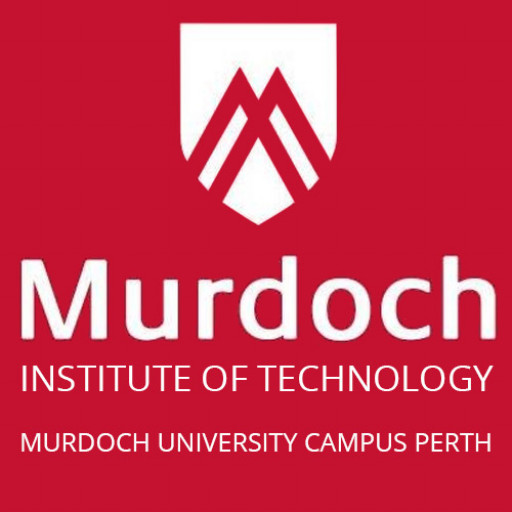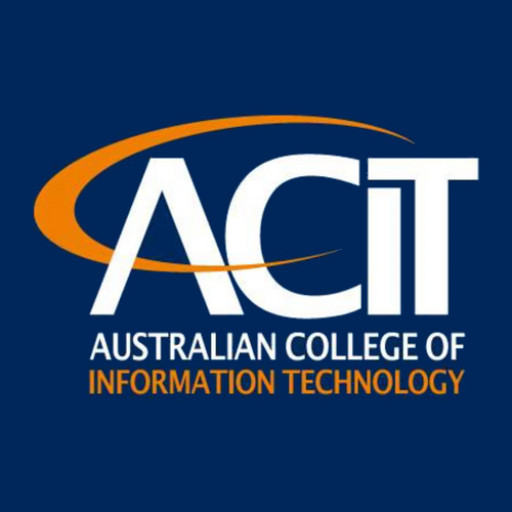This qualification reflects the use of a technical specialist, using higher level skills and knowledge in telecommunications and information technology (IT) networks using internet protocol (IP) systems. Someone in this rolecan install, commission and test voice and data communications programs in medium to large enterprises utilizing next generation networks technologies. They canprovide specialist technical support in monitoring and restarting the setup and upgrade of large telecommunications and IT networks including local area networks (LAN) and wide area networks (WAN), IP based protocol systemsand voice over internet protocol (VoIP) and unified communications systems, bonded networks, mobile networksand microwave systems, wired and wireless line networks, data bases, routers, switches and servers. These specialisations may be accomplished through selection of specific units of competence: ManagementNetwork Engineering Optical NetworksRadio Communications.Licensing/Profession InformationWork works in the occupational areas at which this unit could be utilized are subject to regulatory requirements. Refer to this ICT Implementation Guide Companion Volume or even the relevant regulator for details of licensing, legislative or certificate requirements.
Program Content Description for Telecommunications Engineering
The Telecommunications Engineering program at Milcom Institute offers a comprehensive curriculum designed to prepare students for careers in the rapidly evolving field of telecommunications. The program combines theoretical foundations with practical skills, ensuring graduates are well-equipped to tackle modern communication challenges and contribute to the development of global communication networks. Throughout the course, students will explore a wide range of topics, including digital communication systems, signal processing, network design and management, fiber-optic communications, wireless and mobile telecommunications, satellite communication, and cybersecurity in telecommunications.
Students will gain a deep understanding of the principles underlying various communication technologies and learn how to apply them in real-world scenarios. The program emphasizes hands-on training through laboratory work, project development, and internships with industry partners. This practical approach aims to develop problem-solving skills, technical proficiency, and innovative thinking. In addition, students will study topics such as network protocols, data transmission, coding theory, and the regulatory environment affecting telecommunications industries.
The curriculum also includes courses on emerging technologies, such as 5G networks, Internet of Things (IoT), and network virtualization, preparing students for future advancements in the field. The program fosters interdisciplinary knowledge, integrating principles from electronics, computer science, and information technology to provide a holistic understanding of modern communication systems.
Throughout the course of study, students will have opportunities to participate in research projects, attend seminars by industry experts, and engage in collaborative work with peers. The program aims to produce graduates who are not only technically skilled but also capable of effective communication, teamwork, and leadership. Upon successful completion, graduates will be eligible for careers in telecommunications companies, network service providers, research and development organizations, government agencies, and international organizations involved in global communication infrastructure development.
Overall, the Telecommunications Engineering program at Milcom Institute prepares students to become innovative engineers, capable of designing, implementing, and managing the communication networks that underpin modern society.
- Entry to this Eligibility is limited to those individuals who:Have completed a Certificate IV or Diploma from the ICT Information and Communications Technology Training Package. Or have finished a Certificate III in Telecommunications together with at least 12 months full time equivalent and relevant telecommunications practical experience.or Have completed a Certificate III or perhaps a Certificate IV qualification in related technical areas of study with at least 12 months full time equivalent and relevant telecommunications practical experience.or Have completed at least 36 months equivalent fulltime expertise from the telecommunications industry with particular technical expertise in
- Installation of cabling
- Identification and rectification of telecommunications system faults
- And the delivery and functionality of system infrastructure, for core and access networks according to industry regulations and legislative conditions.
Finance options for the Telecommunications Engineering program at the Milcom Institute typically include a variety of support mechanisms designed to assist students in funding their education. Students may be eligible for government-funded scholarships and grants based on academic achievement, financial need, or specific eligibility criteria such as regional origin or special talents. The institute also offers institutional scholarships that are awarded annually to outstanding students, which can significantly offset tuition costs. Additionally, students can explore student loan programs facilitated through national or private financial institutions, which provide favorable repayment terms for students pursuing higher education. The Milcom Institute encourages students to participate in work-study programs that enable them to gain practical experience while earning a partial income to support their studies. Certain programs may also have partnerships with industry leading companies that offer internship opportunities with stipends, thereby assisting students financially during their training. There are also payment plans available that allow students to pay tuition fees in installments across the academic year, easing the financial burden. International students should inquire about specific scholarships or financial aid options available for international applicants, which may be provided through bilateral agreements, university partnerships, or external foundations. The institute aims to make education accessible by providing comprehensive information about available financial support and guidance services to assist students in planning their finances effectively. Overall, the financing of studies at the Milcom Institute's Telecommunications Engineering program is designed to offer flexibility, support, and resources to help students successfully complete their degrees without undue financial stress.
The Telecommunications Engineering program at Milcom Institute is designed to prepare students for the rapidly evolving field of telecommunications. The curriculum offers comprehensive coverage of fundamental and advanced topics, including signal processing, digital communications, wireless networks, optical fibers, and network security. Students gain hands-on experience through laboratory work and projects that simulate real-world telecommunications problems, enabling them to develop practical skills alongside theoretical knowledge. The program emphasizes the importance of understanding current industry standards and emerging technologies such as 5G, IoT, and cloud communications, ensuring graduates are well-equipped to meet modern challenges. Faculty members are experts in their fields, contributing to research and development in telecommunications. The program also offers opportunities for internships and collaborations with industry partners, facilitating exposure to practical work environments. Upon completion, graduates will be prepared for careers in telecommunications companies, network providers, research organizations, or to pursue further studies such as master's or doctoral degrees. The program adheres to international standards for engineering education and aims to produce professionals capable of designing, implementing, and managing complex telecommunication systems. Students are encouraged to develop critical thinking, problem-solving, and teamwork skills throughout their studies. The institute provides state-of-the-art laboratories and resources, including access to industry software and testing equipment, to enhance the learning experience. Overall, the Telecommunications Engineering program at Milcom Institute is tailored to meet the needs of a dynamic industry, preparing students to become innovators and leaders in telecommunications technology.







